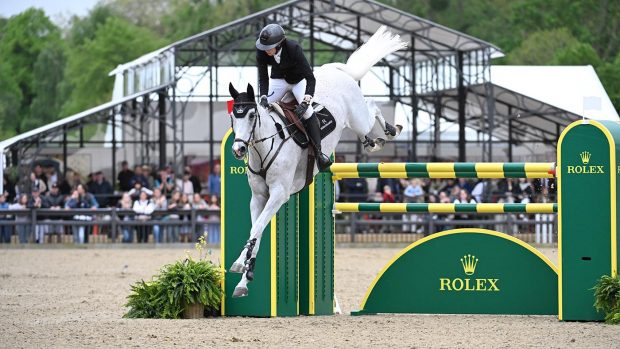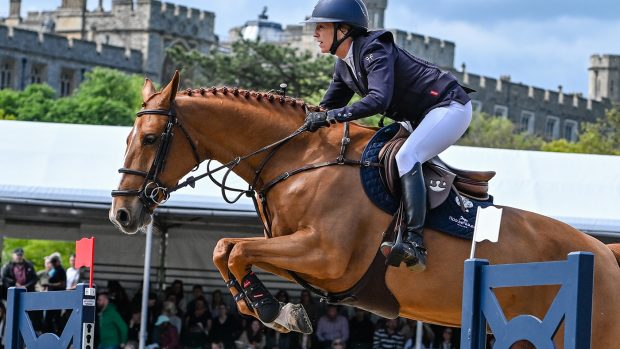Q: IT has been pointed out to me that my farrier, who has worked for me for many years, has been shoeing my horses in such a way as to injure them. This has caused me much distress.
Who keeps a check on shoeing standards — are spot checks carried out? If veterinary surgeons come across sub-standard farriery work are they in a position to report it? Surely there are both trading standards and welfare issues here?
My horses are shod regularly, there is always assistance if required, and we have a covered and well-lit area for him to work in. Payment is always on the spot.
JP, Cheshire
MANY of us take it for granted that our farriers are doing an expert job and, in most cases, they are. But what happens if you come across sub-standard work or are less than happy with your current farrier? The Farriers Registration Council was set up under the Farriers (Registration) Act 1975 and is the statutory body responsible for the regulation of farriery. We asked its registrar, Felicity Heather, for her advice.
“Generally speaking registration is dependent on holding a recognised qualification, e.g. the Diploma of the Worshipful Company of Farriers examination which is taken after a four-year apprenticeship, or from having recognised professional experience,” she explains.
“Farriers are expected to abide by a Guide to Professional Conduct, can be subject to disciplinary procedures and are encouraged to undertake continuous professional development.
“If a horse owner or vet has concerns over workmanship they should be discussed with the farrier in the first instance. Farriers and vets should work closely together and endeavour to resolve matters by direct professional communication.
“The act does not give the Council the power to carry out revalidation checks, but if matters cannot be resolved, then a complaint, supported by veterinary reports where appropriate, can be made to the Council,” says Felicity.
“Complaints are considered by a two-stage statutory committee process. The investigating committee screens all complaints and the disciplinary committee considers possible complaints of serious professional misconduct.
“The disciplinary committee has the power to remove individuals from the Register of Farriers and, in some circumstances, farriers can be advised about their future conduct or the need to undertake further farriery courses.
“Alleged cases of professional negligence are usually heard by the civil courts,” she explains.
“They have the power to award compensation, damages or costs which the Council does not have. Complainants may, therefore, decide to follow the civil route as well as or instead of the disciplinary one.”
Information
The Farriers Registration Council Tel: 01733 319911 www.farrier-reg.gov.uk
This Q&A was first published in Horse & Hound (29 November, ’07)



